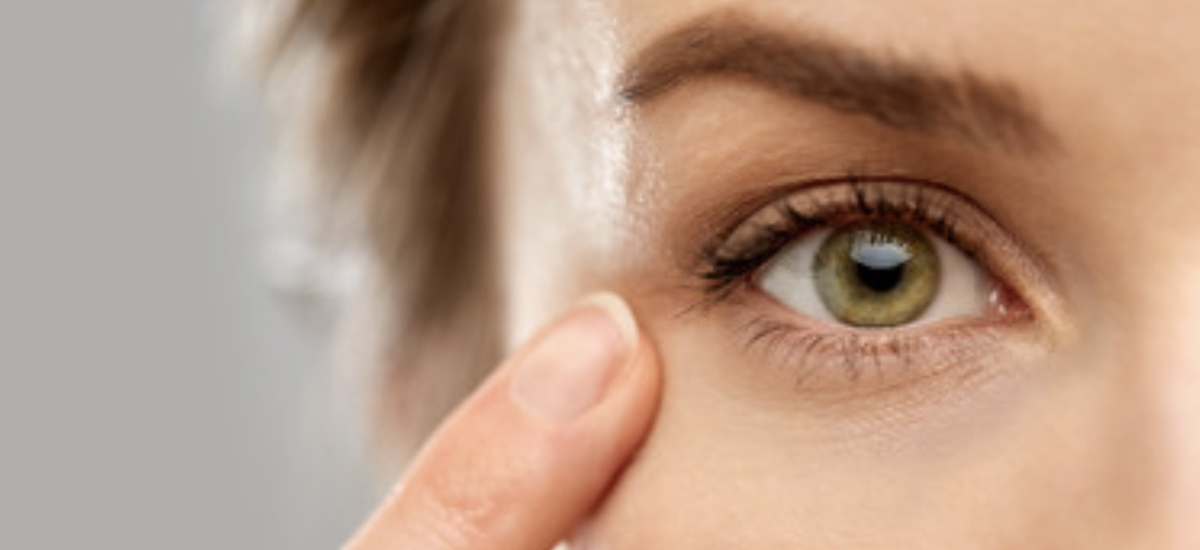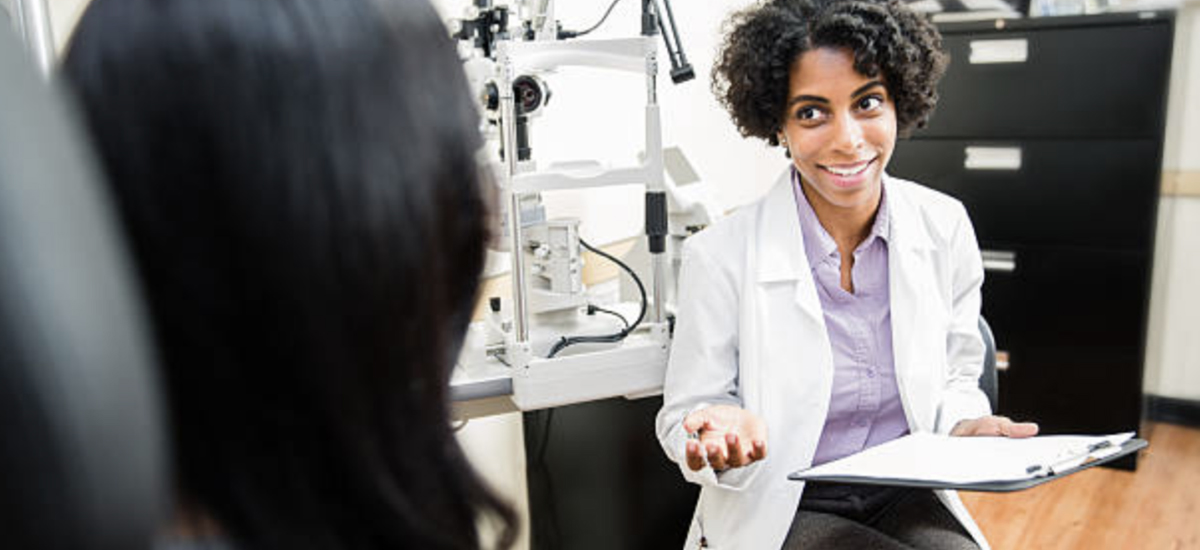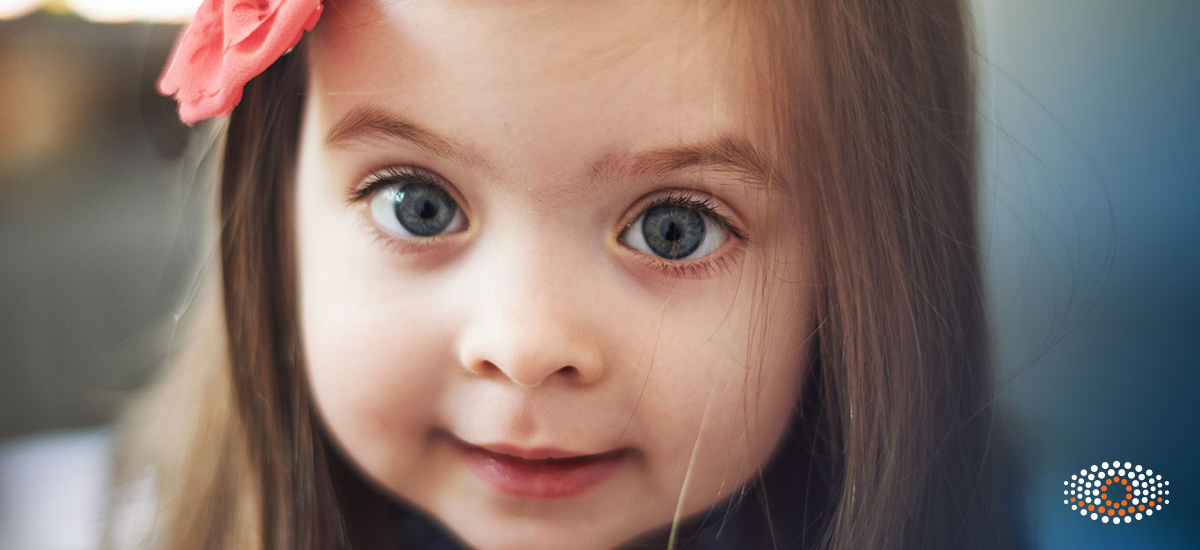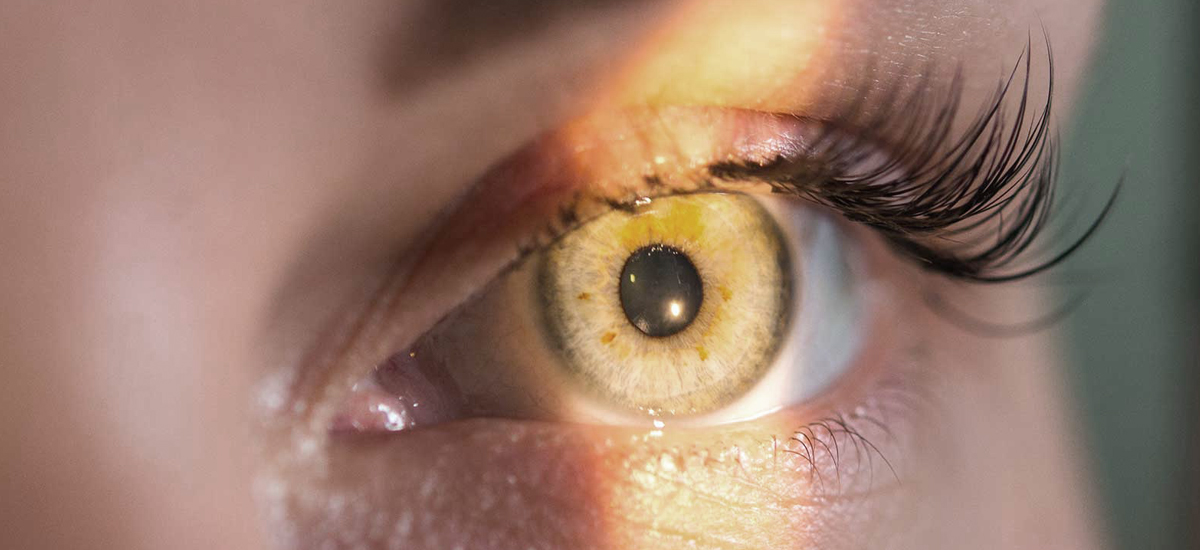At What Age Should My Child Get an Eye Exam?

Did you know that many states require your children to have an eye exam before they can attend school? Watching for eye problems in your kids is key to helping them develop academically and personally. However, even before entering school, your children can benefit from eye exams, as they spot issues and give optometrists a chance to treat them.
At what age should my child get an eye exam?
6 Months Old
Your child’s first comprehensive eye exam should be at 6 months old. By this age, your child should already be developing hand-eye coordination skills by observing how objects move back and forth. Their eye movement skills may also be strengthening. For instance, it may become easier for them to assess how far away objects are, and they may try to touch them.
During these early months, most infants’ vision improves as expected. However, in some cases, they may experience eye issues, such as light sensitivity or teary eyes. If they have any symptoms before 6 months of age, you can bring them in for an earlier exam.
3 Years Old
As your child grows, their eyesight may change. Therefore, they’ll need another exam when they turn 3. This age is a prime time for them to expand on their vision skills, and a visit to the eye doctor can give parents insight into how to further develop their child’s abilities.
At age 3, there is an increased risk of eye problems in kids, such as crossed eyes, so an eye exam is essential. Parents should also monitor their child’s learning because if they seem to be behind their peers, they may have a problem with their eyesight.
6 Years Old
Your child’s learning can depend on their vision, so take them in for their third exam at 6 years old, or around the time they start kindergarten. During the school year, your child’s eyes may be tested with more visual activities than they are used to, including learning how to use a computer and reading. These tasks may affect their eyesight, so working with the optometrist to come up with healthy vision habits can benefit them in the months to come.
By addressing your child’s vision when they first start school, the eye doctor can monitor their eyes over the next few years. This will pinpoint how their vision is progressing and what level of prescription glasses they may need, if any. After age 6, your child should have a comprehensive eye exam every year.
Summary: When should I schedule my child an eye exam?
If you’re wondering, ‘At what age should my child get an eye exam?’, the answer is that you should take your child at 6 months old, 3 years old, and yearly after age 6. However, if your child shows signs that they may need glasses, you can bring them in earlier.
It’s important to take your child to regular eye exams, as well as vision screenings at school, to identify issues with their eyesight. Happy children have healthy eyes, and an eye exam is just what they need.
Book your eye exam at For Eyes
Have you had your annual comprehensive eye exam? Schedule an appointment with an Independent Doctor of Optometry at your local For Eyes.











